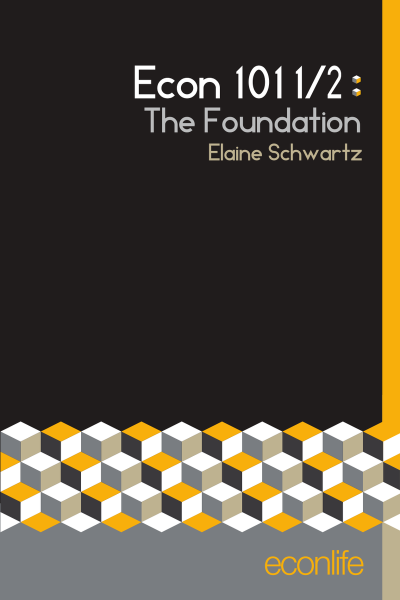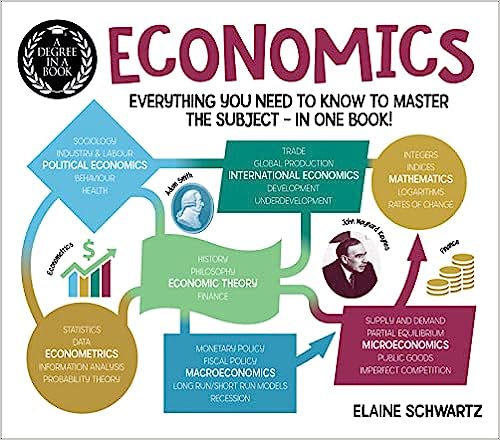Used to be we would prepare dinner at home while eating out was occasional. No more. Now, especially for lunch and dinner, someone else prepares the food. The Mystery The Atlantic called it “The Great Convergence.” The difference between what…
Where Cash (sort of) Rules
Like Mark Twain saying, “The reports of my death have been greatly exaggerated,” non-cash payments have not eliminated currency.
The World’s Most Expensive Bread
More than a number, the cost of living in the world’s most expensive cities is about bread and wine and who can afford to stay.
The Accuracy of the Mashed Potato Index
Mashed Potatoes could be a good way to decide the direction of consumer spending. Where are we going? To consumer spending indices. The Mashed Potato Index (MPI) A pound container of mashed potatoes will cost you $4 at Stew Leonard’s, a NY…
Weekly Roundup: From Santa’s Salary to Holiday Spending
This week’s economic news summary includes Apple’s corporate taxes, Santa’s GDP connection, seasonal spending, the gender gap and the brain and shopping.
Why Santa Was On a Two Dollar Bill
Starting with Santa currency, states saying Christmas is an official holiday, and Christmas trees, in the 19th century holiday spending on Christmas grew.
How Fast Fashion Affects Our Brain
Through the pleasure and pain that fast fashion shopping creates in our brains, we can see why the business model is good for monopolistic competition.
Weekly Roundup: From Calories to Climate
Our economic news summary included climate talks and externalities, “missing women” and Asian marriage markets, seniors’ spending and manufacturing supply.
How Aging Populations Affect What We Make and Sell
Through robot innovation and changes in retail and housing markets, nations with aging populations will show the impact of a massive demographic shift.
Weekly Roundup: From Fast Food Grades to Movie Reviews
Our economic news summary includes inflationary movie reviews, baggage productivity, fast food animal welfare grades, Chinese consumer spending and methane.
















